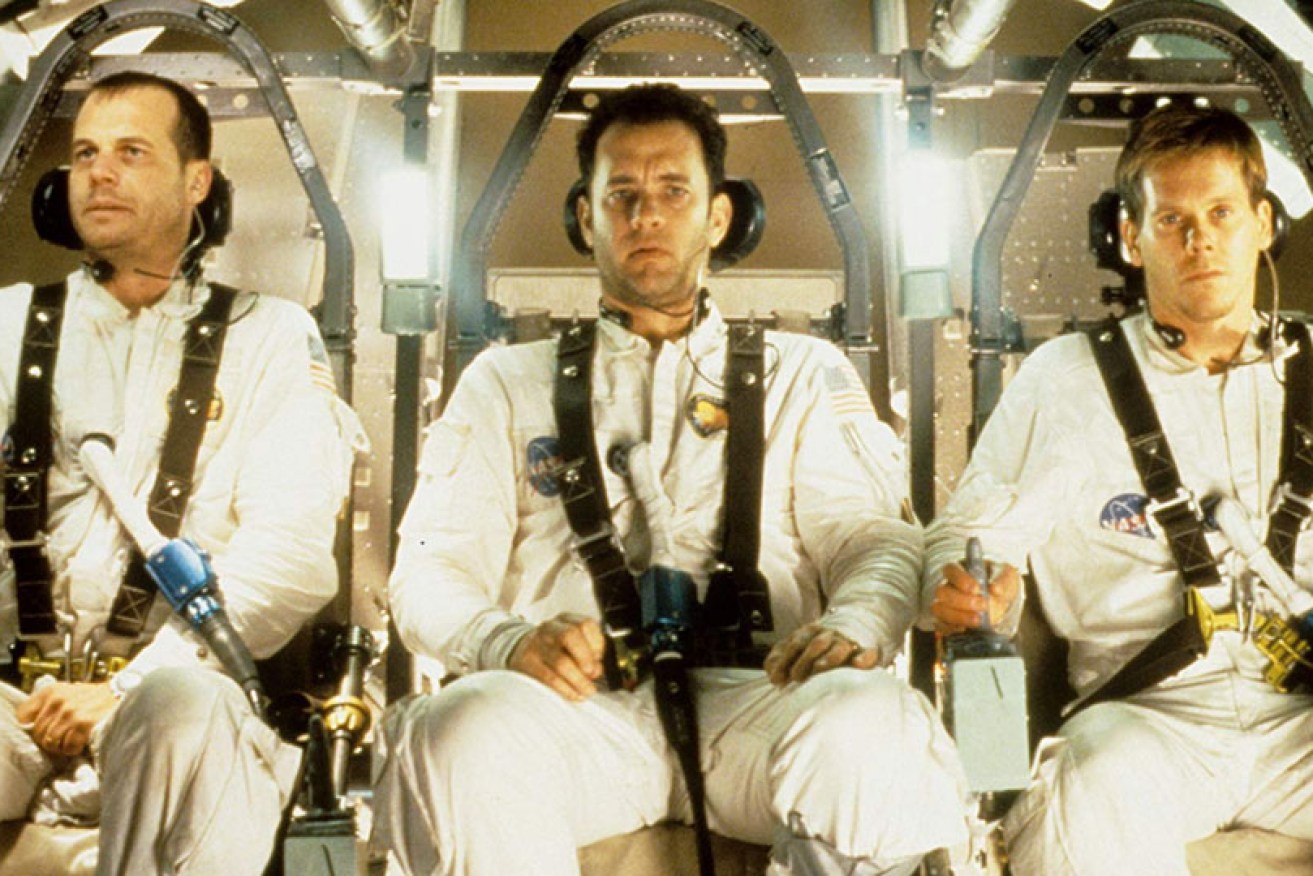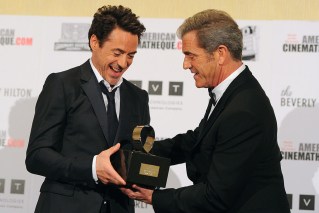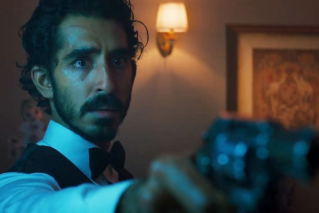Space movies: The best and worst of Hollywood’s flights of fancy

Bill Paxton (left) made a perfect team with Tom Hanks and Kevin Bacon in Apollo 13. Photo: Universal Pictures
The first of a lot of space movies I’ve seen was 50 years ago on July 20.
I sat cross-legged in the hall of my primary school as teachers set up a black-and-white TV an impossible distance away for us to experience history in the making: The Apollo 11 Moon landing.
A less fresh and wide-eyed version of me saw history of a different kind during President Trump’s soggy Fourth of July speech, where he proclaimed the American flag would soon fly on Mars.
In an uncharacteristic display of prudence, Mr Trump did not set a timeframe.
The president is a latecomer to the fantasy aspect of space travel.
As soon as humankind started getting serious about exploring space, Hollywood was on the front foot.
Scores of intelligent movies about space travel were produced in advance of humans actually doing any.
The classic Forbidden Planet (1956), which transported Shakespeare’s The Tempest and Freudian psychology to a distant galaxy, was released half a decade before Yuri Gagarin orbited Earth.
One year before Apollo 11 landed, Stanley Kubrick’s 2001: A Space Odyssey (1968) posited that lunar exploration would unlock universal secrets that would one day see our species reborn.
I remember the film was reissued in 1977 to cash in on the success of Star Wars.
You can imagine the confusion of a troupe of teenage boys having skipped school to sneak into the ‘latest’ sci-fi sensation.
We might just as well have attended Deliverance expecting Smokey and the Bandit, for all we understood what was going on.
Space movies have reflected neatly the condition of the American society that produced them.
After the Moon landing one would expect to see Kennedy-era optimism recreated on screen in the 1970s. But this all came crashing down with Watergate, which showed Americans their government would lie to them.
Cinema reflected this anxiety with a string of conspiracy thrillers such as The Conversation (1974) and All The President’s Men (1976).
Amid this cynical mood, the 1970s also produced a conspiracy space movie – Capricorn One (1978) where a crew of astronauts including OJ Simpson is eliminated to prevent exposure of a counterfeit Mars landing.
The Reagan era rekindled America’s sense of manifest destiny as the US gained the edge in the Cold War.
The decade’s most notable space movie was, accordingly, The Right Stuff (1983), a muscular epic chronicling the space race and all its grave perils from the perspective of Project Mercury astronauts.
It premiered seven months after the maiden flight of the doomed space shuttle Challenger, which would explode at launch three years later.

Ed Harris takes control in space movies heavyweight The Right Stuff. Photo: Warner Bros
Virtually every Hollywood film of the 1990s had one of two features: Tom Hanks or producer Jerry Bruckheimer.
That unwritten rule saw the decade’s two big space movies featuring America’s favourite dad/big brother/holy idiot rescuing the stricken ship in Apollo 13 (1995) and a ragtag bunch of misfits led by Bruce Willis destroying an asteroid to save Earth from extinction in Armageddon (1998).
We had teleported a long way from the bold, literate vision of Kubrick’s 2001 to Bruce Willis’ noble self-sacrifice in Armageddon, noisily overdubbed by Aerosmith and Ben Affleck’s sobbing.
By the year 2000 space travel had become a backdrop for disaster films. This probably evolved out of the moon landings being consigned to baby boomer history, as less and less people were around who remembered them.
But with the announcement of America’s mysterious ‘Space Force’ and a manned mission to Mars, will this renewed presidential ambition be reflected in film?
Perhaps it has been already: Last year’s largely ignored First Man reframed the story of Neil Armstrong and Apollo 11 to align with a fundamental millennial theme – healing the inner child.
The child that Armstrong (Ryan Gosling) can’t heal is his infant daughter Karen, taken tragically by a brain tumour. Crossing over to another astral body becomes a metaphor for ascending to the heavens where Armstrong can connect with Karen again.
Although a good film, First Man is dwarfed by Kubrick’s cerebral masterpiece, but in using astral travel to transcend the human life cycle it touches on similar themes.
As our species seems set to look towards the stars again, we may, hopefully, expect more bold examinations of astrophysics shaping the human condition.
Or maybe we’ll get The Rock and more Aerosmith.








